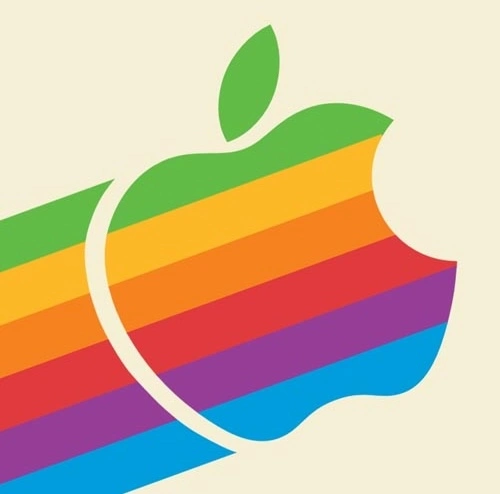Memes are also not inherently digital. Going back to the definition set by Richard Dawkins (trans-hating bigot he is), a meme is anything that “conveys the idea of a unit of cultural transmission, or a unit of imitation.” Perhaps that’s a bit broad of a definition compared to what we conventionally think of as memes, but it’s how we got to where we are.
People in ancient Egypt building pyramids and obelisks because someone before them built pyramids and obelisks is a meme. Cathedrals being built in much the same way throughout Renaissance Europe is a meme.
But those examples aside, there are still a few pre-internet examples that would still resonate more with the idea of memes as we know them today. Kilroy was Here is considered a meme and goes back to World War II. Or a bit before that, this “How you think you look” cartoon which I am not entirely sure was overly meme-like in its day but certainly feels relatable today.
But even slogans or popular sayings could be considered memes; if we consider internet terms/phrases like “pog” or “Are ya winning, son?” or (dating myself) “I can haz cheezburger?” to be memes, what about pre-internet sayings like “Luke, I am your father,” “It’s just a flesh wound,” or “Where’s the beef?” Or going way, way back, what about saying “Break a leg” before a performance, or “All the world’s a stage,” or even “Carpe diem”? I think one could make a case for just about any repeated and widely understood concept, really.


I guess Microsoft really changed the world.